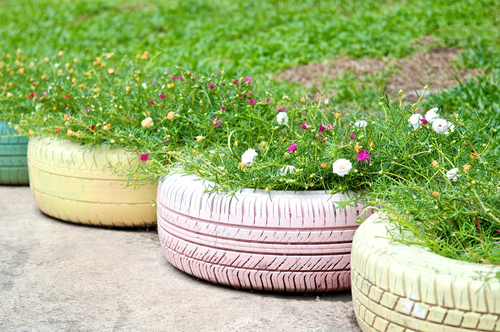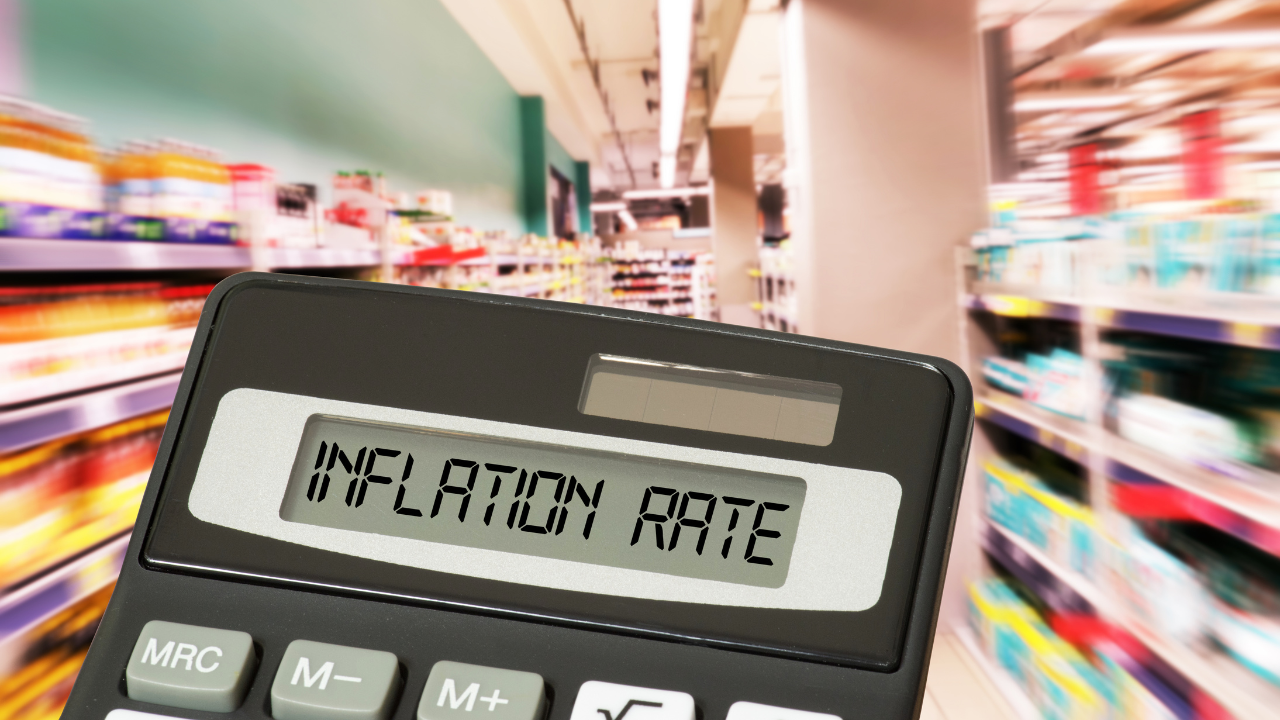Save Money on Electricity in Australia
Living in Australia, a country known for its vibrant cities, stunning landscapes, and high standard of living, presents residents with the challenge of navigating steep living costs. Among the various financial obligations, electricity bills stand out as a significant concern, considering the country’s reliance on energy-intensive appliances for everyday living.
As the bills accumulate and financial pressures mount, finding effective ways to save money on energy consumption has become an essential goal for many Australian households. However, despite the pressing need to cut costs, maintaining a comfortable and convenient lifestyle remains a top priority. In this context, adopting practical and sustainable strategies to curtail electricity expenses is crucial for ensuring a balanced and manageable budget, without compromising the quality of life that Australians cherish.

1. Turn Off Appliances When Not in Use
Cut down on unnecessary energy consumption by ensuring that appliances are turned off when not in use. This simple habit can significantly reduce electricity wastage and contribute to noticeable savings on your bills.
2. Opt for Fans Instead of Air Conditioners
During milder seasons, consider using fans instead of air conditioners to regulate indoor temperatures. This can help minimize electricity usage and subsequently lower your energy expenses.
3. Ensure Appliance Efficiency
Regularly check that all your appliances are operating at optimal efficiency levels. Maintaining well-functioning appliances can help prevent unnecessary energy loss and ultimately save you money in the long run.
4. Invest in a Programmable Thermostat
Consider investing in a programmable thermostat that allows you to schedule specific times for regulating your home’s temperature. This can help you manage energy usage more efficiently, reducing costs without compromising on comfort.
5. Consider Solar Panels Installation
Explore the option of installing solar panels on your house’s roof to generate electricity. Depending on eligibility and location, this could be a viable solution that not only helps you save on electricity bills but also contributes to a sustainable and eco-friendly lifestyle.
6. Buy and Freeze Food in Bulk
Buying food in bulk and freezing it can help you save money in the long run. This reduces frequent grocery trips and limits the use of refrigeration, contributing to overall energy savings in your household.
7. Develop Energy-Conscious Habits
Practice energy-conscious habits such as turning off lights when leaving a room. This simple action can add up to substantial electricity savings over time.
8. Invest in Energy-Efficient Light Bulbs
While they may have a slightly higher initial cost, investing in energy-efficient light bulbs can lead to significant long-term savings. These bulbs consume less electricity and have a longer lifespan, making them a cost-effective choice.
9. Explore Dual Benefits of Solar Panels
Besides the immediate financial benefits, installing solar panels contributes to a reduction in carbon emissions, promoting a cleaner and greener environment. It’s a win-win situation for your household and the planet.
10. Install a Programmable Power Meter
Consider installing a programmable power meter to monitor your energy usage accurately. This can provide valuable insights into your consumption patterns, helping you make informed decisions to further reduce your electricity expenses.
Bonus Tip: Maintain Appliance Efficiency
Regularly maintaining your appliances ensures they operate at peak efficiency, minimizing energy wastage and maximizing cost savings. Spend time inspecting and servicing your appliances to ensure they run smoothly and efficiently.
By integrating these straightforward yet impactful strategies into your daily routine, you can not only make tangible progress in lowering your electricity bills but also actively contribute to a more sustainable and environmentally conscious way of life in Australia. Through conscious energy consumption and the adoption of energy-efficient practices, you play a vital role in the collective efforts to minimize the carbon footprint and preserve the natural beauty that defines the Australian landscape. Moreover, the financial benefits stemming from these efforts can alleviate the burden of high living costs, allowing you to channel your resources towards other meaningful pursuits and investments, thereby fostering a more balanced and secure financial future for yourself and your family.
With a commitment to prudent energy management, you pave the way for a more sustainable and cost-effective lifestyle that benefits both your household and the broader Australian community.
Your Questions Answered:
How can I save on my electricity bill Australia?
Saving on your electricity bill in Australia can be achieved through a combination of simple yet effective strategies that promote energy efficiency and mindful consumption. Start by ensuring that appliances are turned off when not in use and consider utilizing natural light as much as possible during the day. Opt for energy-efficient appliances and devices, and make it a habit to unplug electronics when they are not in use to prevent standby power consumption. Upgrade to LED light bulbs, which are more energy-efficient and have a longer lifespan than traditional incandescent bulbs. Take advantage of natural ventilation and insulation to regulate indoor temperature, reducing the need for excessive heating or cooling. Consider installing solar panels to generate your own electricity and potentially earn rebates through feed-in tariffs. Lastly, regularly monitor your energy usage and consider switching to a more cost-effective electricity plan that aligns with your consumption patterns. By implementing these practices, you can effectively reduce your electricity bill and contribute to a more sustainable and cost-efficient lifestyle in Australia.
What uses most electricity in a house?
In a typical household, various appliances and systems contribute to significant electricity consumption. Among the primary energy-consuming culprits are heating and cooling systems, including air conditioning units and electric heaters, especially during extreme weather conditions. Electric water heaters also consume a substantial amount of energy, particularly in households that frequently require hot water for bathing, laundry, and dishwashing. Refrigerators and freezers, essential for preserving food, run continuously and are among the highest consumers of electricity. Additionally, washing machines and dryers, especially when used frequently with large loads, contribute significantly to overall energy usage. Lighting, particularly with traditional incandescent bulbs and halogen lights, can also add to the electricity bill if not replaced with energy-efficient options. Understanding the energy consumption of these appliances can help households make informed decisions about managing and reducing their overall electricity usage.
What is the cheapest way to save energy?
The most cost-effective way to save energy is by adopting simple yet impactful energy-saving practices in your daily life. Start by cultivating mindful habits such as turning off lights and unplugging electronic devices when they are not in use to prevent unnecessary energy consumption. Utilize natural light during the day and consider adjusting your thermostat settings to reduce the load on heating and cooling systems. Replace traditional incandescent bulbs with energy-efficient alternatives like LED or CFL bulbs, which not only consume less energy but also have a longer lifespan. Regularly maintain your appliances to ensure they operate at peak efficiency, and consider using curtains or blinds to regulate indoor temperature, reducing the need for excessive heating or cooling. By incorporating these budget-friendly practices, you can effectively lower your energy consumption and contribute to a more sustainable and environmentally conscious lifestyle.
What saves more electricity?
When it comes to saving electricity, implementing energy-efficient practices and using appliances wisely can significantly contribute to reducing energy consumption. Opting for energy-efficient appliances and lighting, such as LED bulbs and Energy Star-rated devices, can result in substantial energy savings over time. Additionally, practicing mindful energy consumption by turning off lights and unplugging electronic devices when not in use, as well as utilizing natural light during the day, can lead to noticeable reductions in electricity usage. Regular maintenance of appliances to ensure optimal efficiency, along with proper insulation to regulate indoor temperature, also plays a crucial role in saving electricity. By integrating these practices into your daily routine, you can effectively contribute to a more sustainable and cost-effective approach to energy usage.


 YOU
YOU





 Money
Money




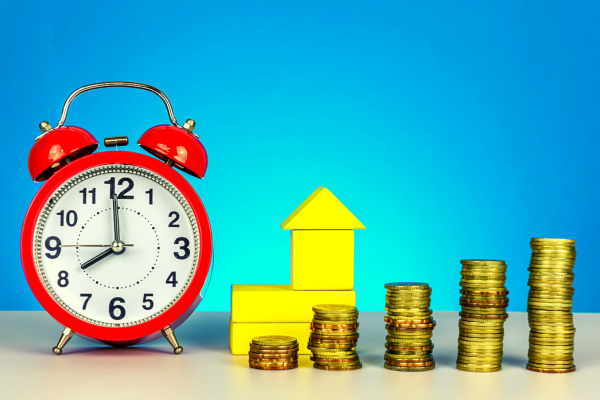
 FOOD
FOOD





 FAMILY LIFE
FAMILY LIFE




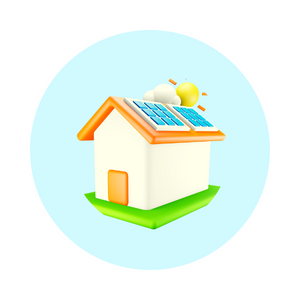 HOME & GARDEN
HOME & GARDEN




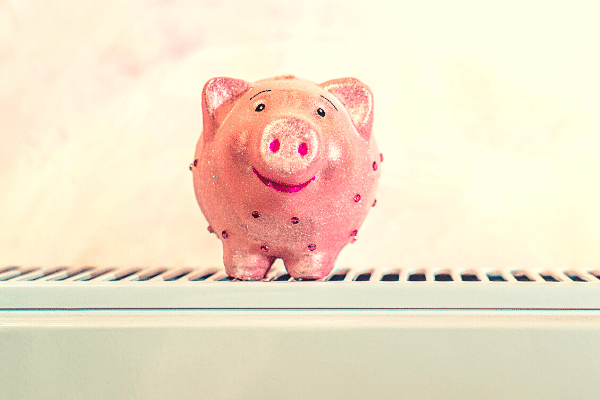
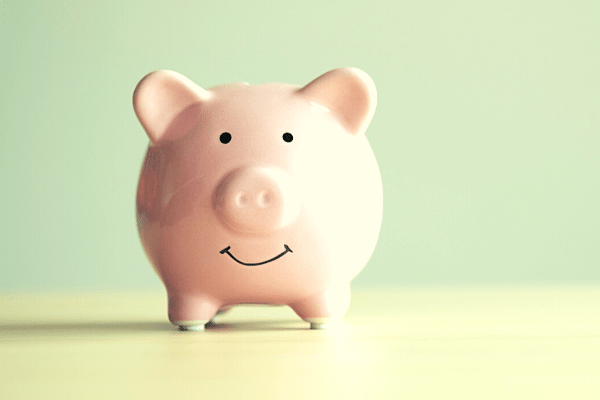

 ORGANISE
ORGANISE

 EVENTS
EVENTS





 LIFESTYLE
LIFESTYLE

